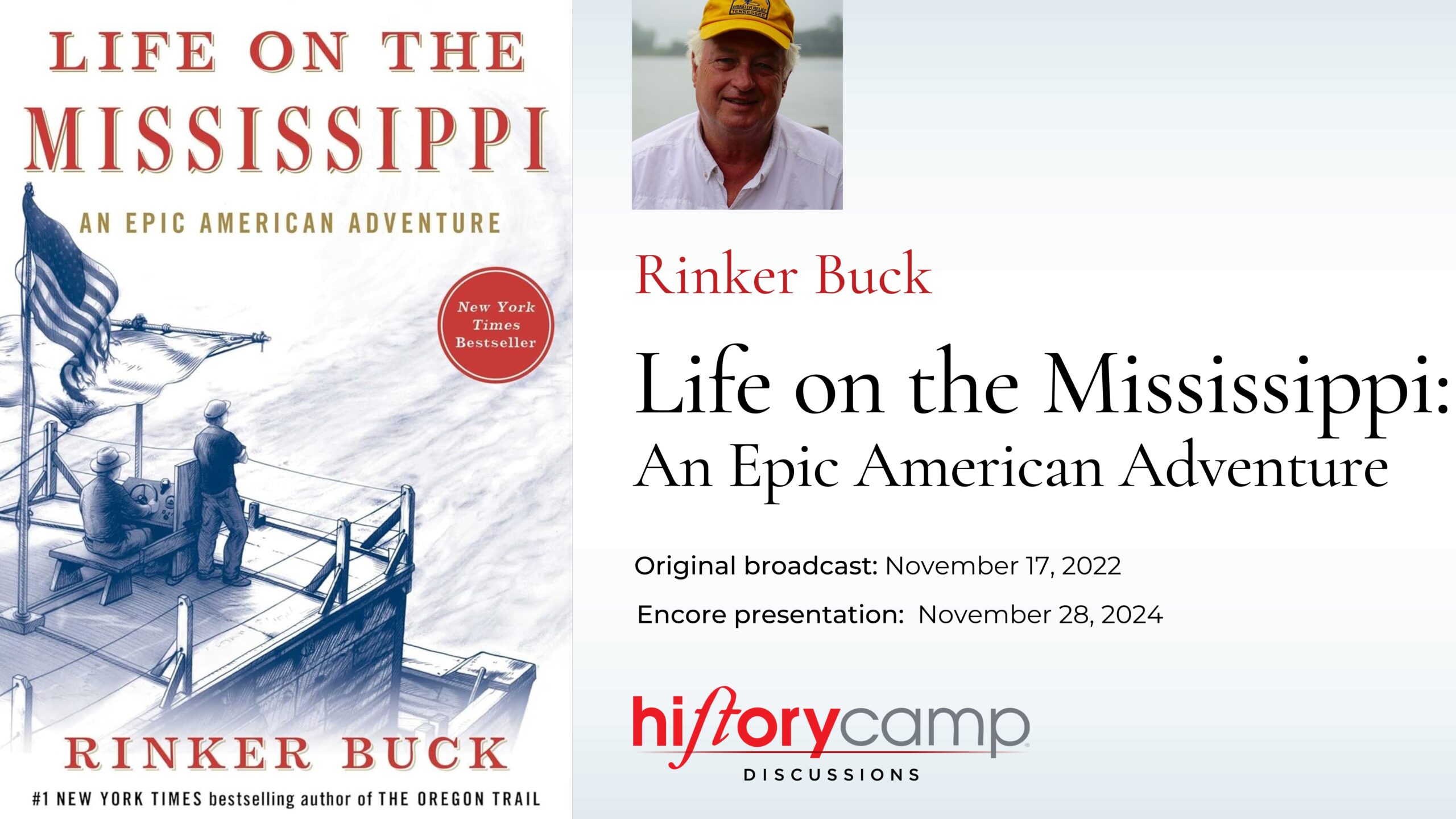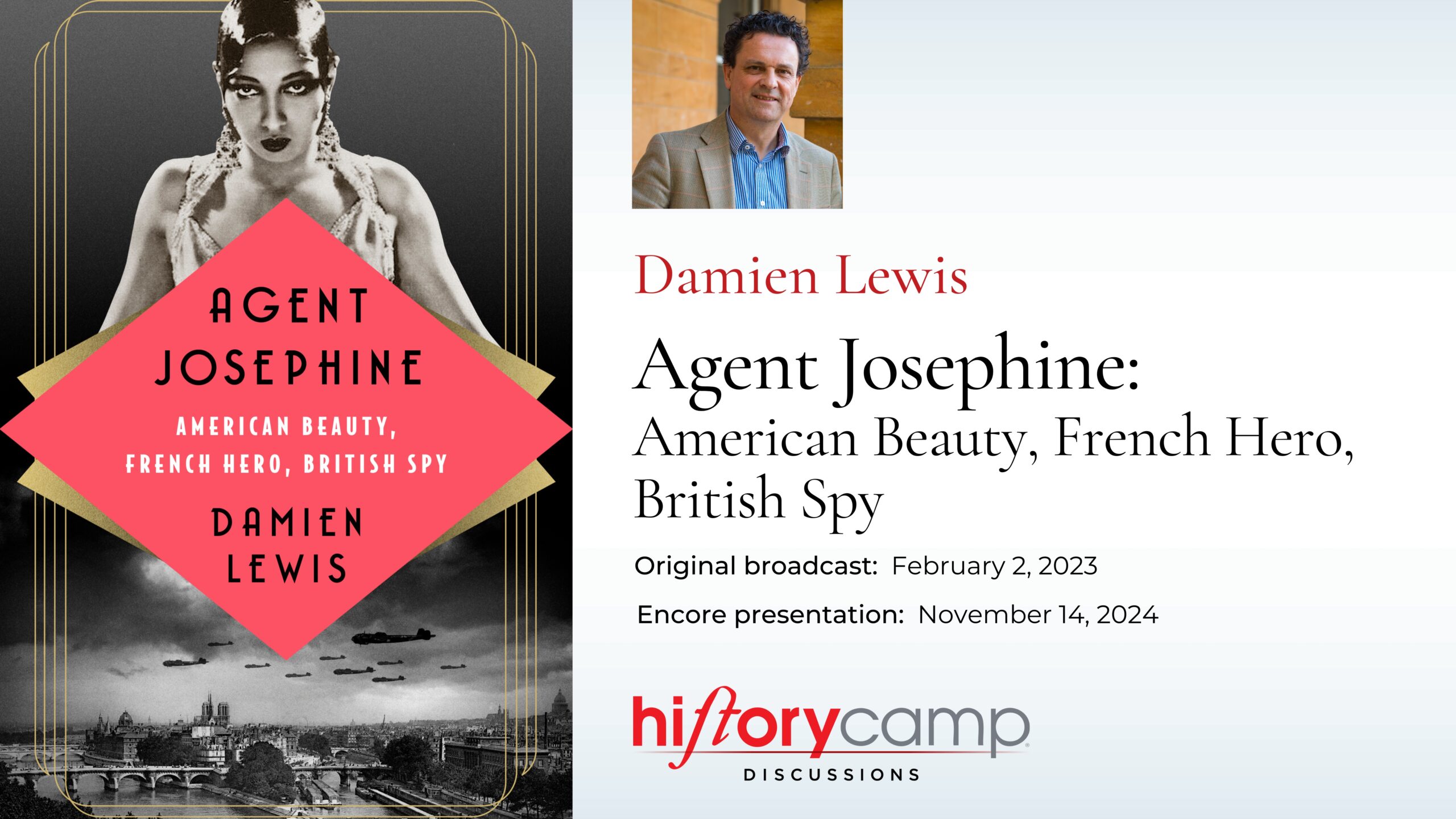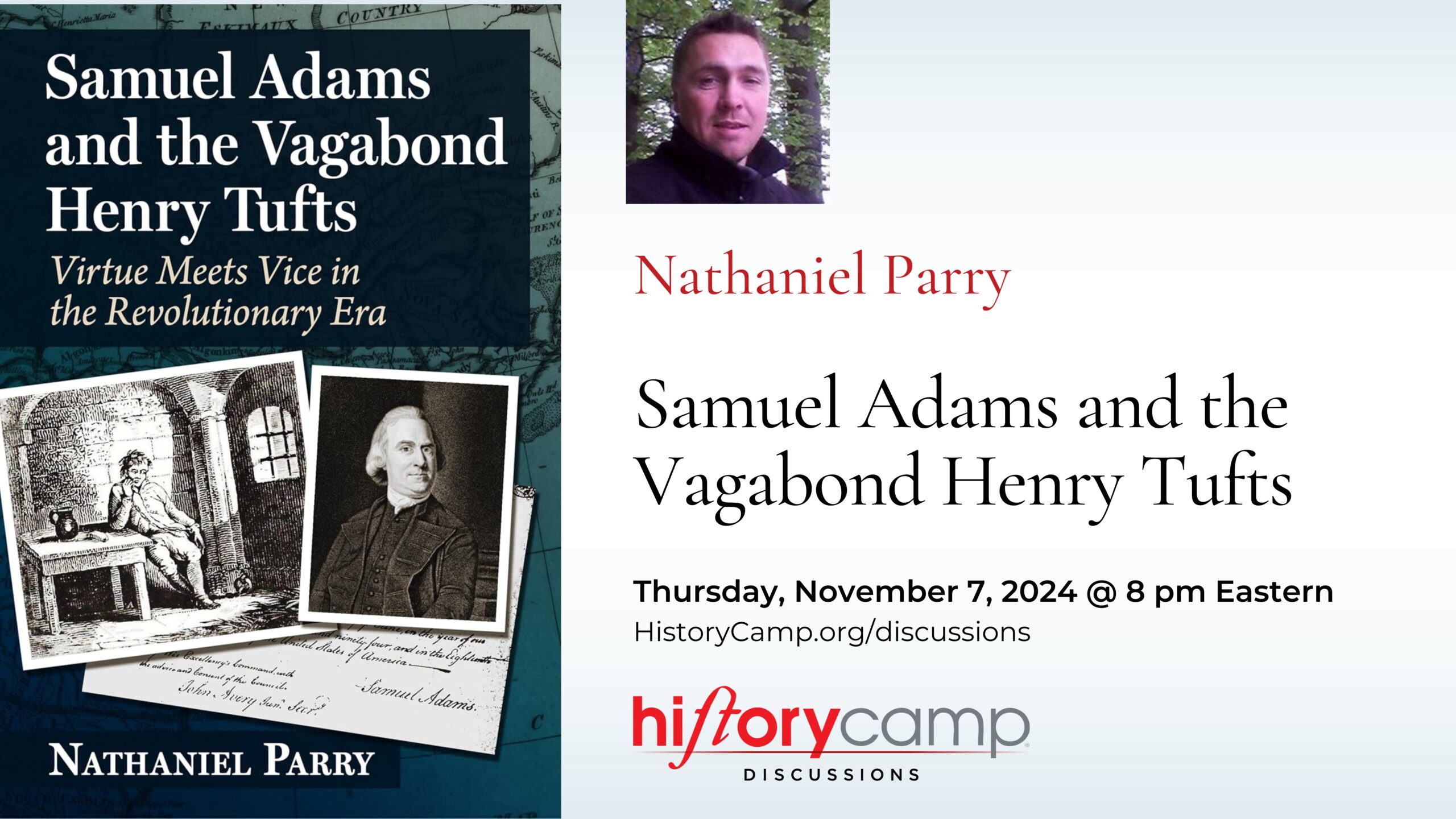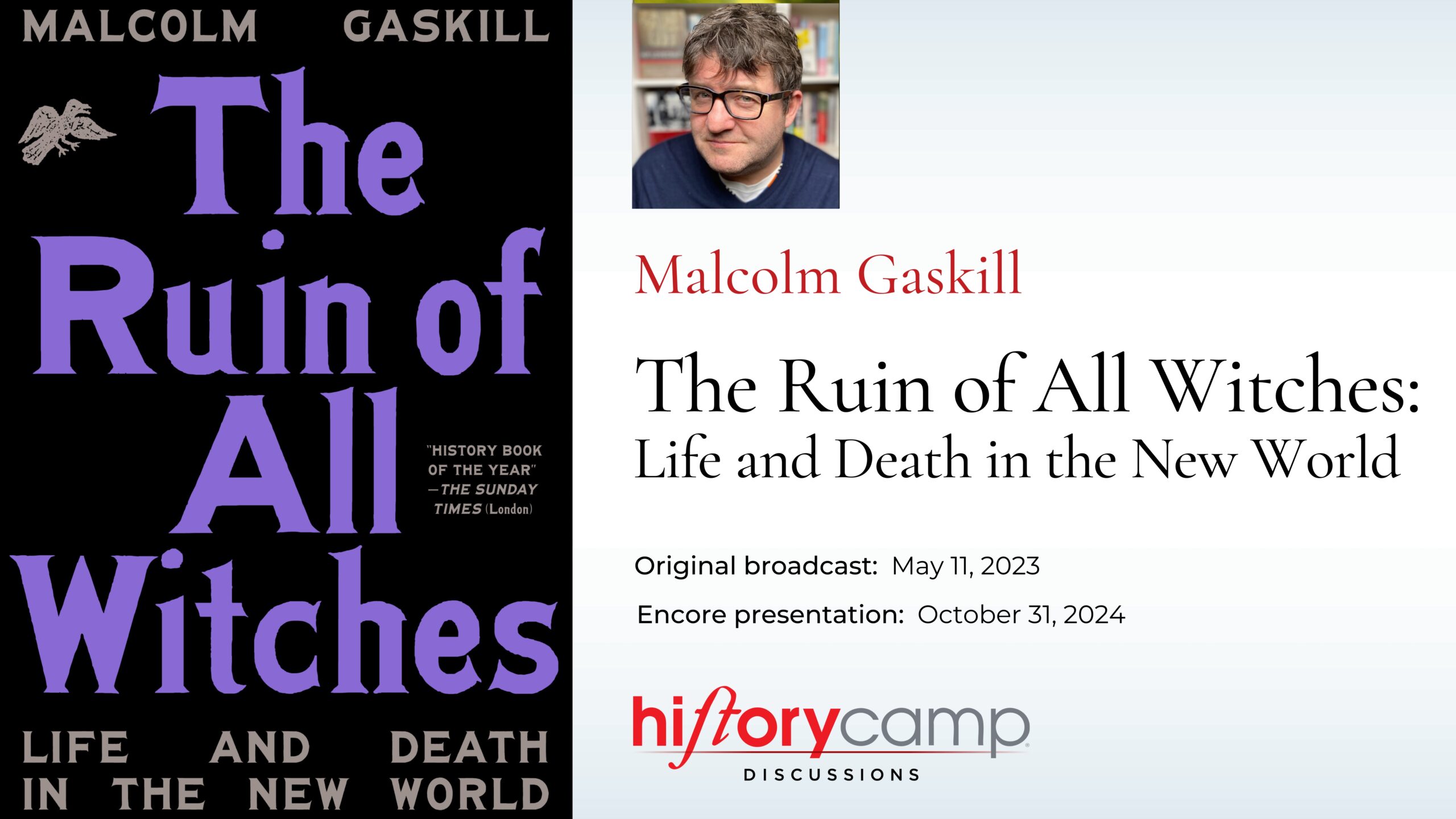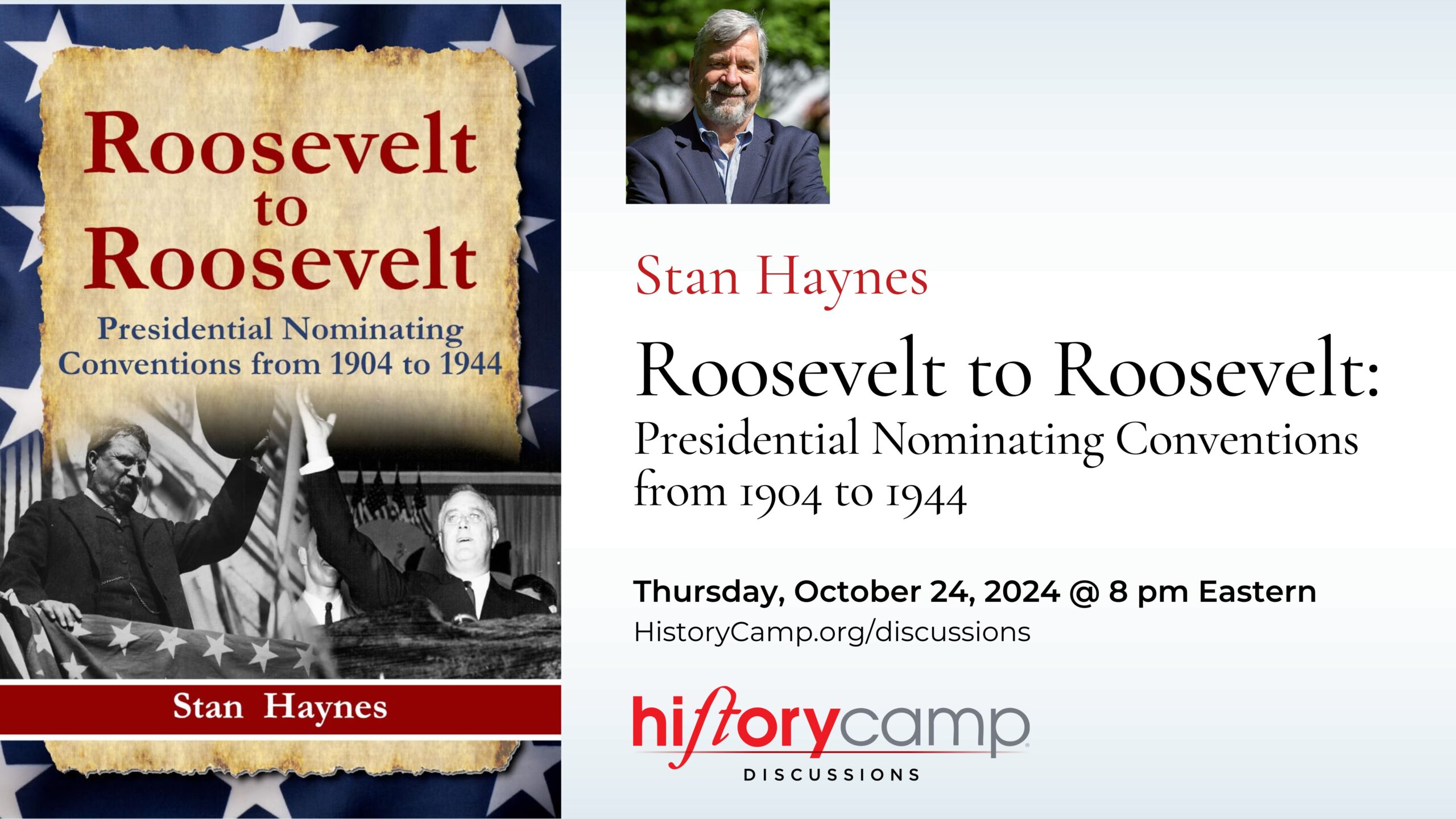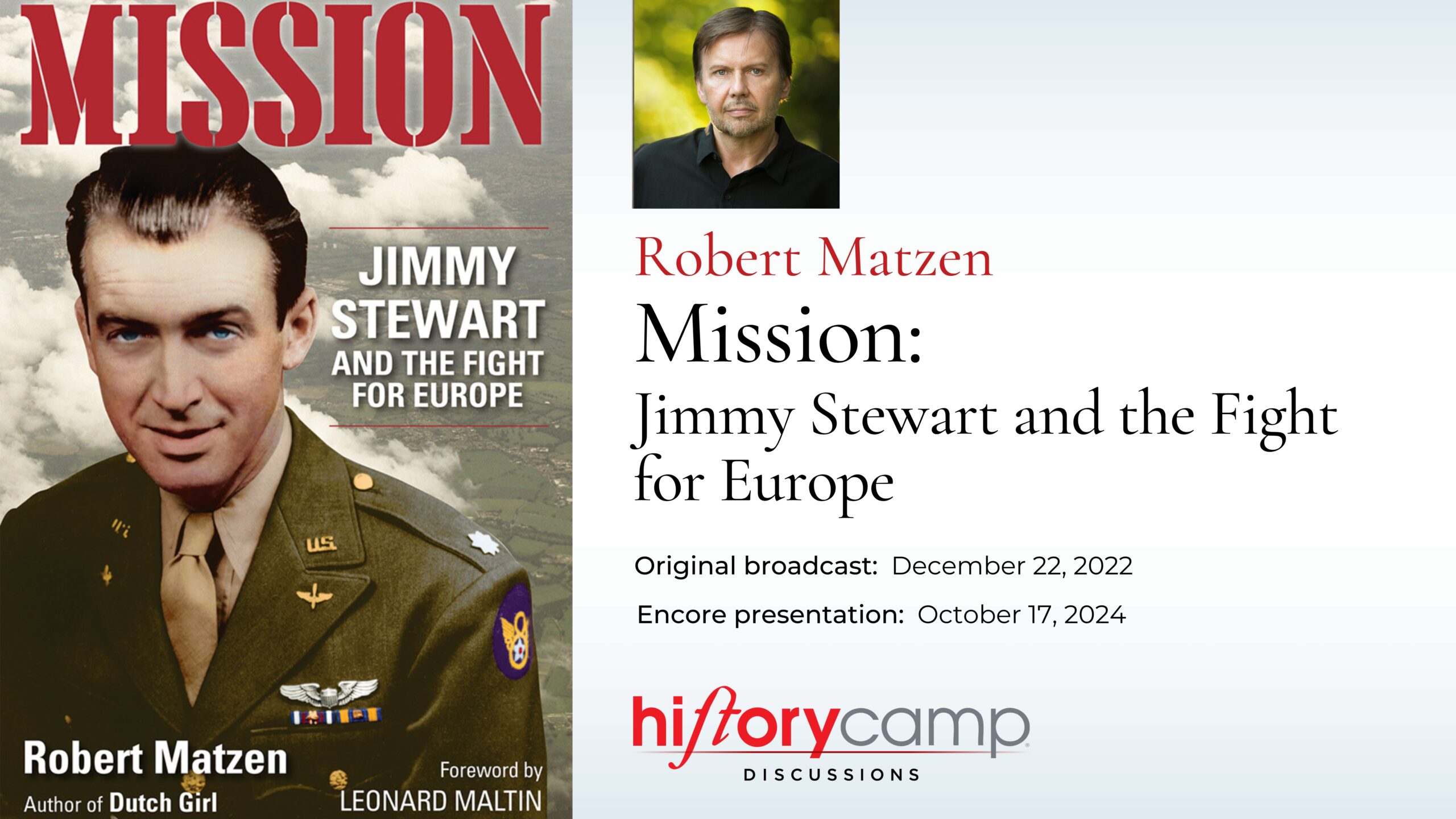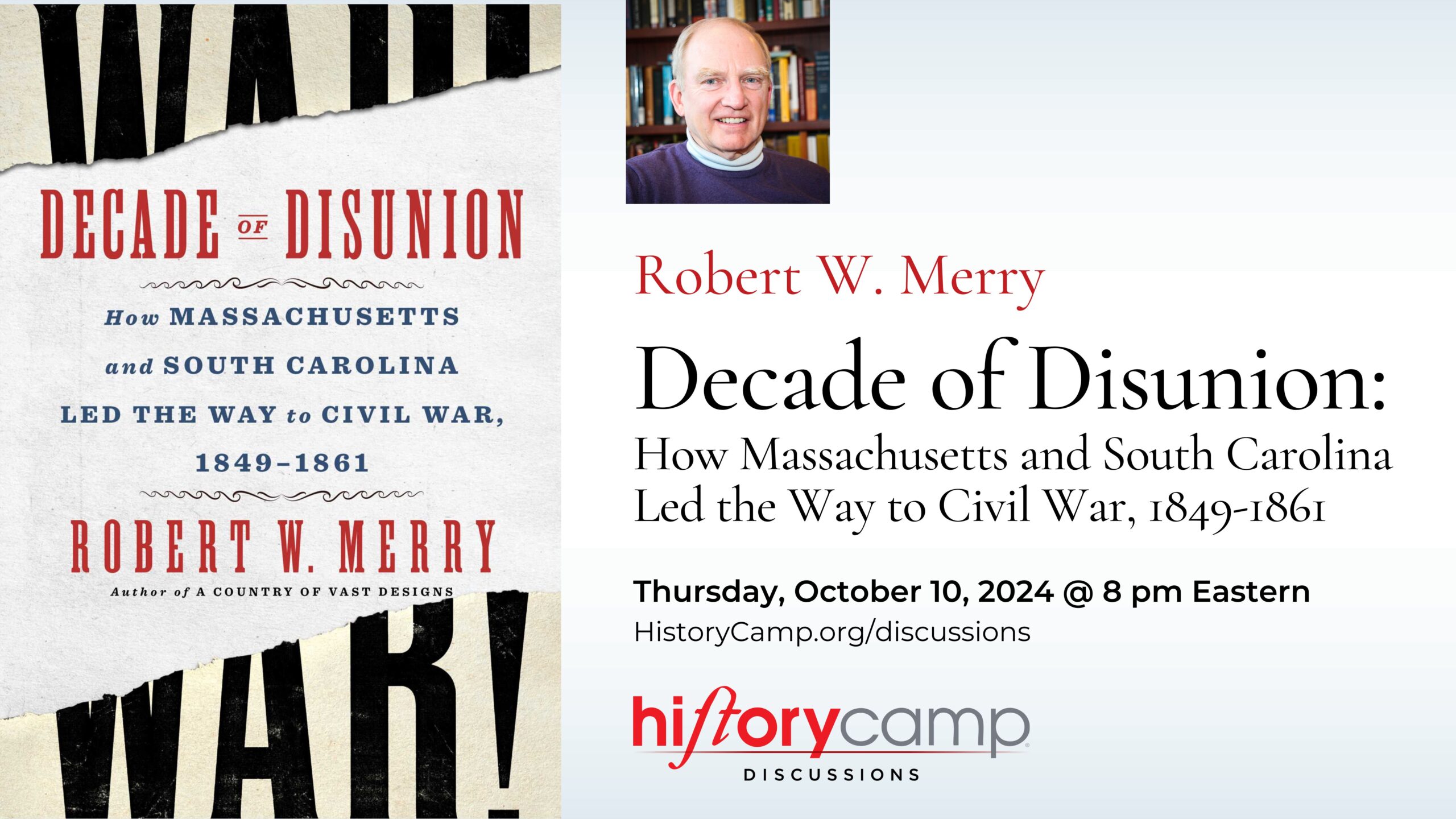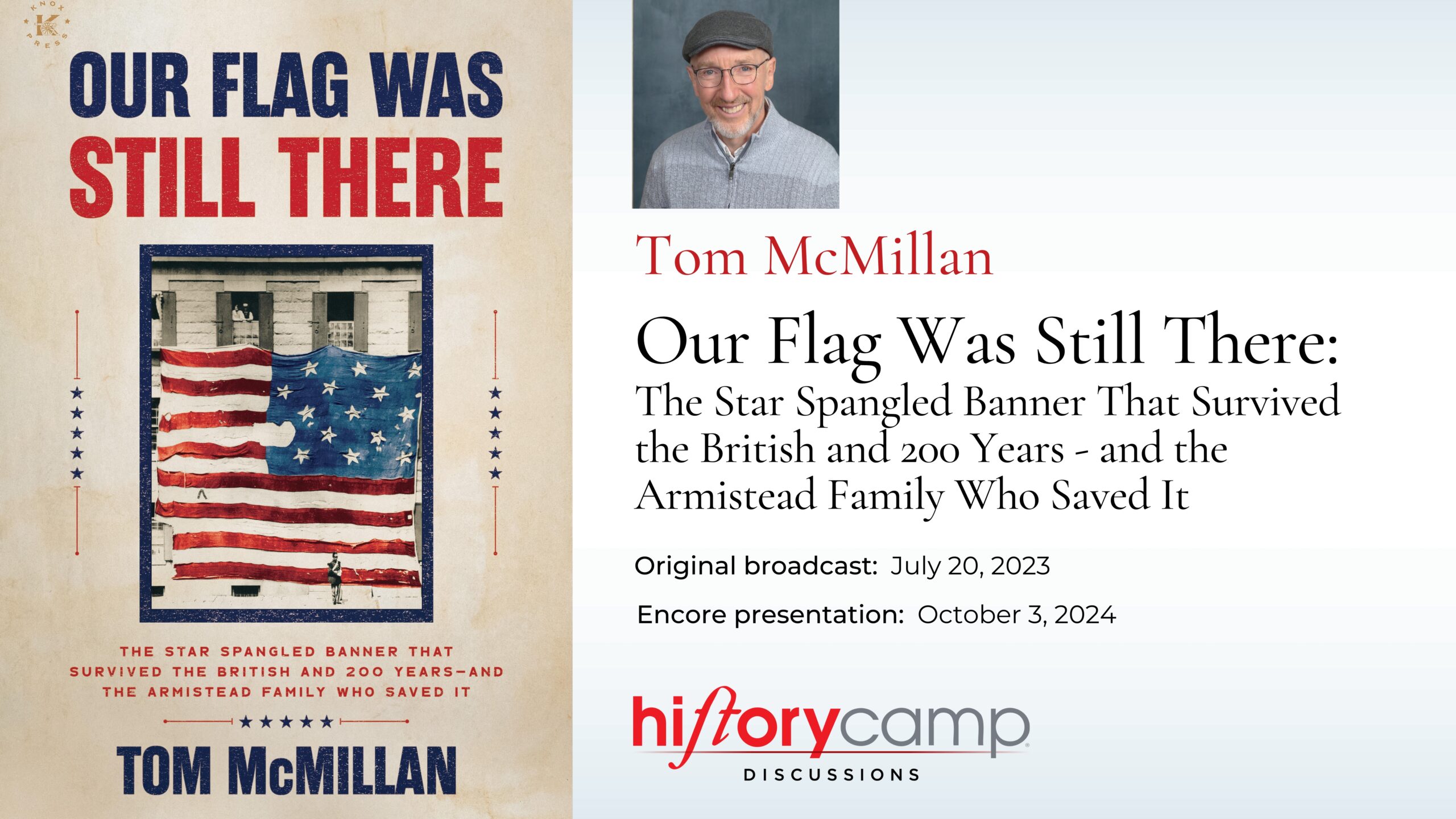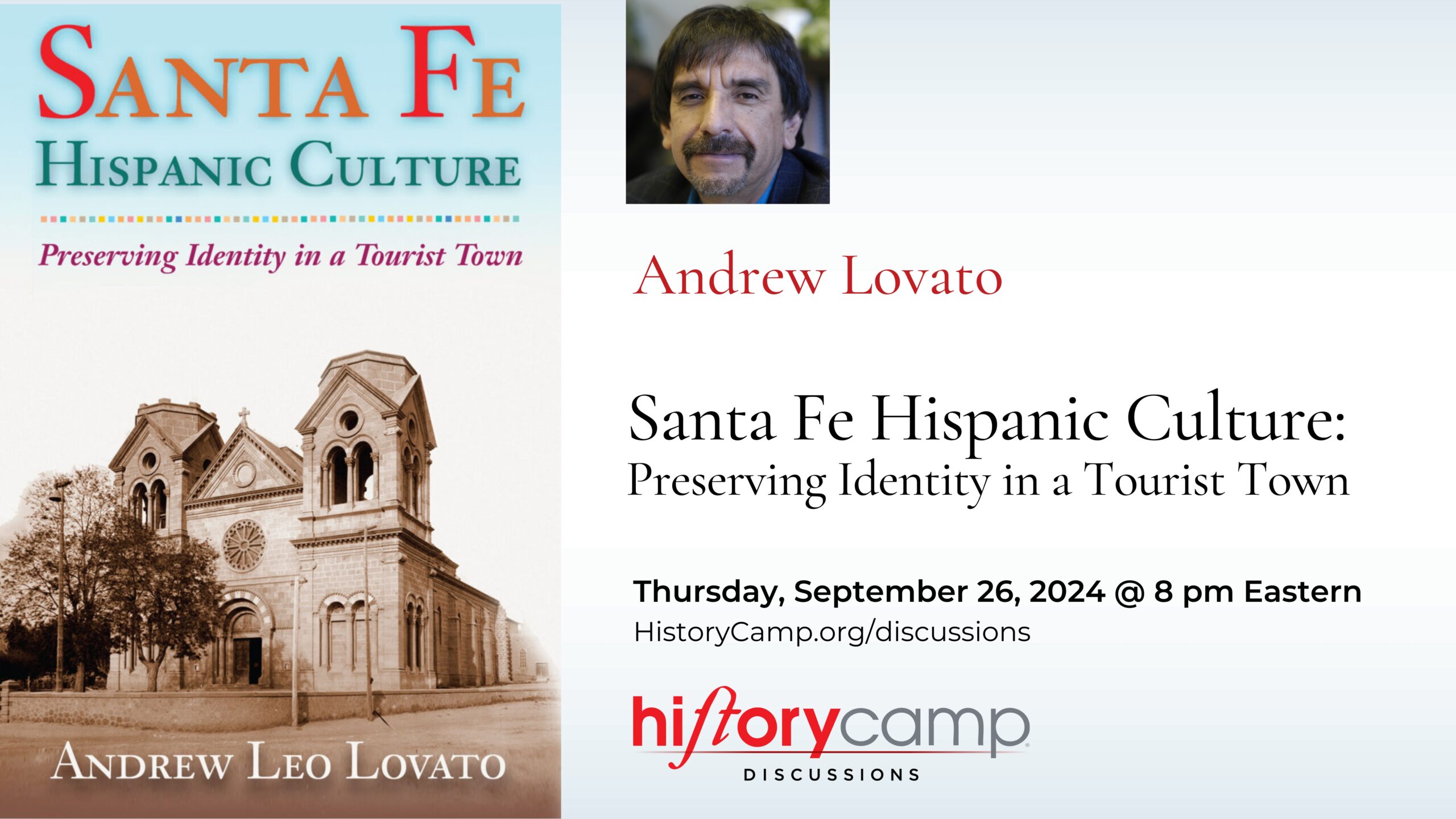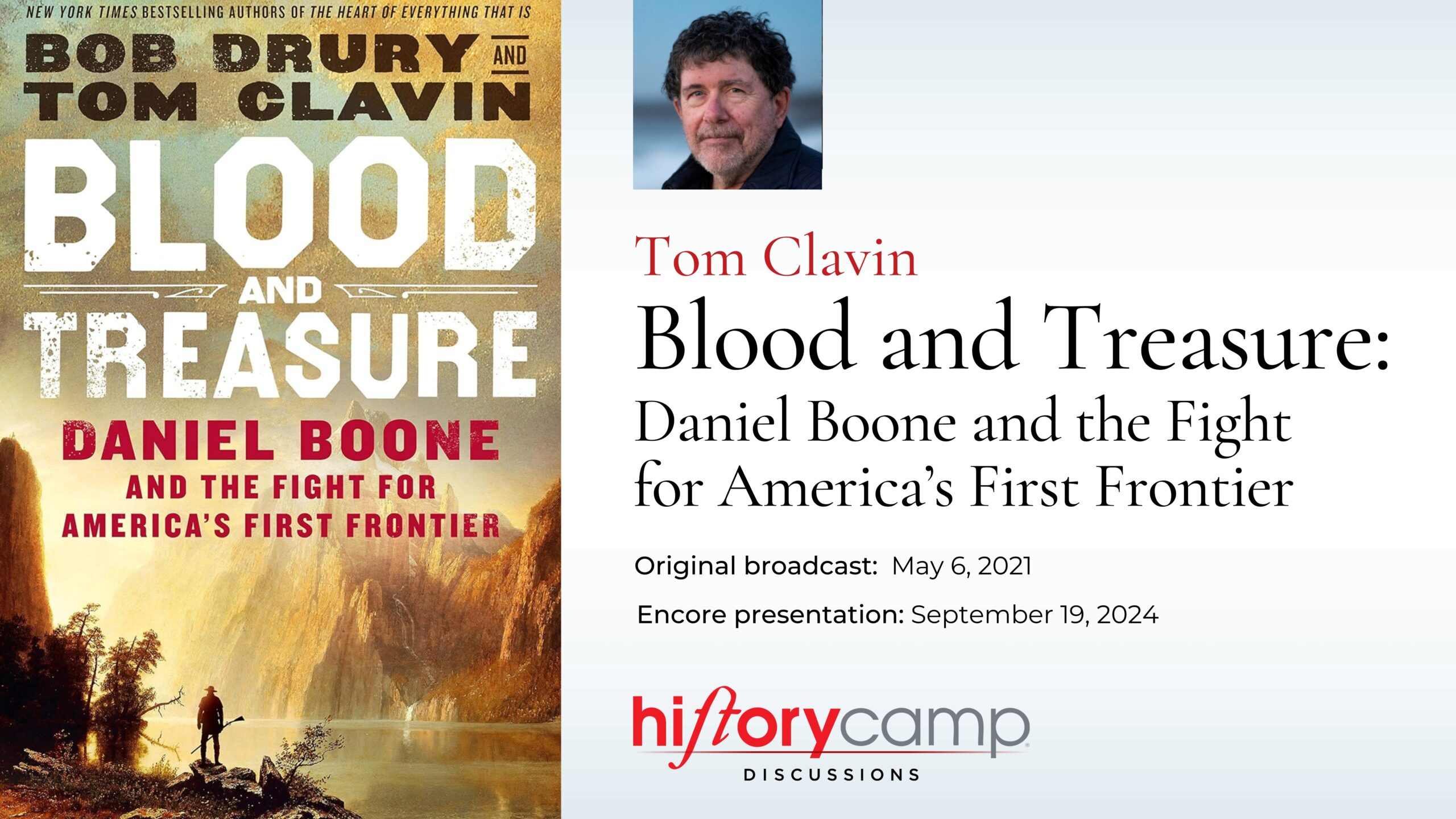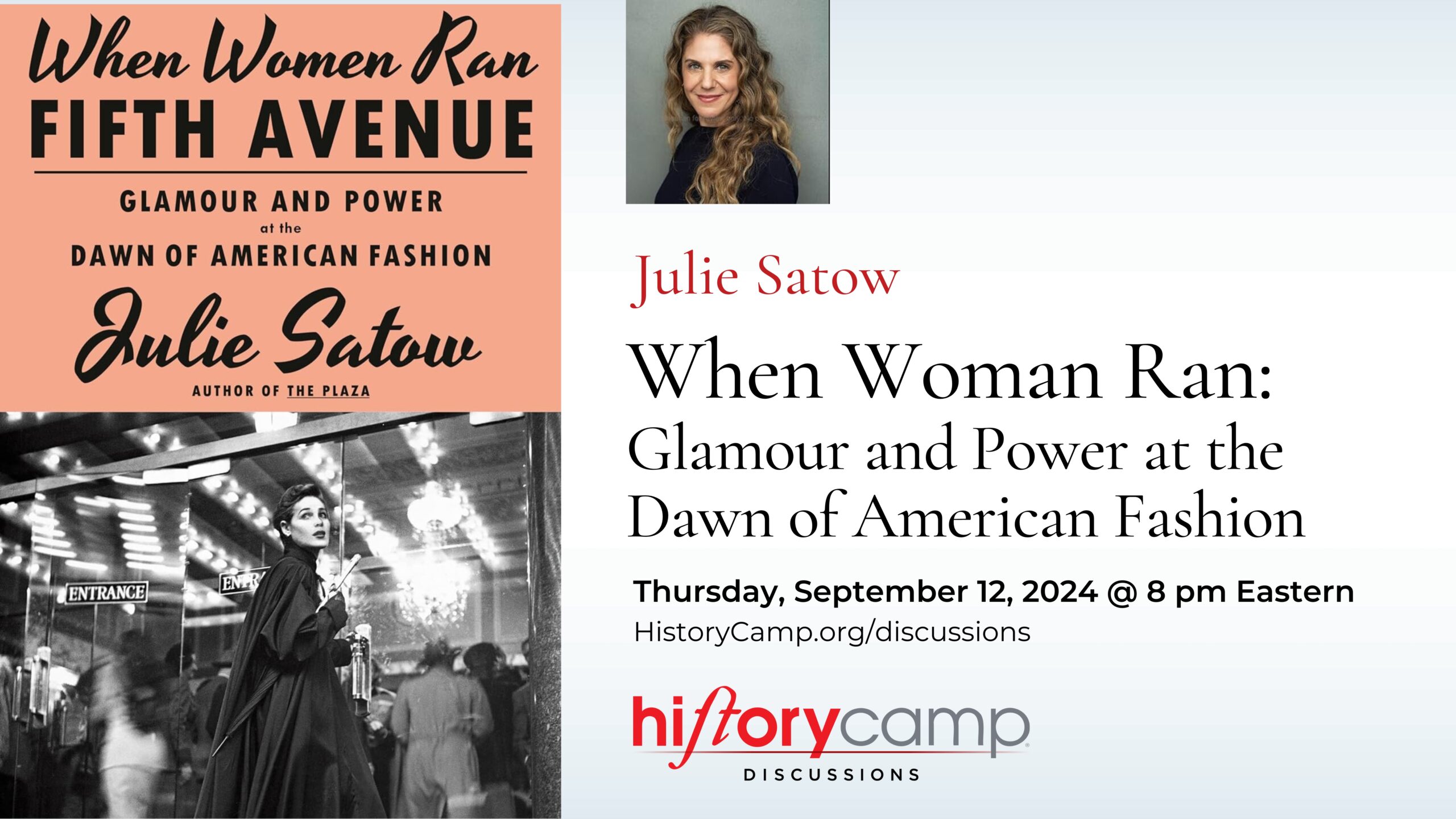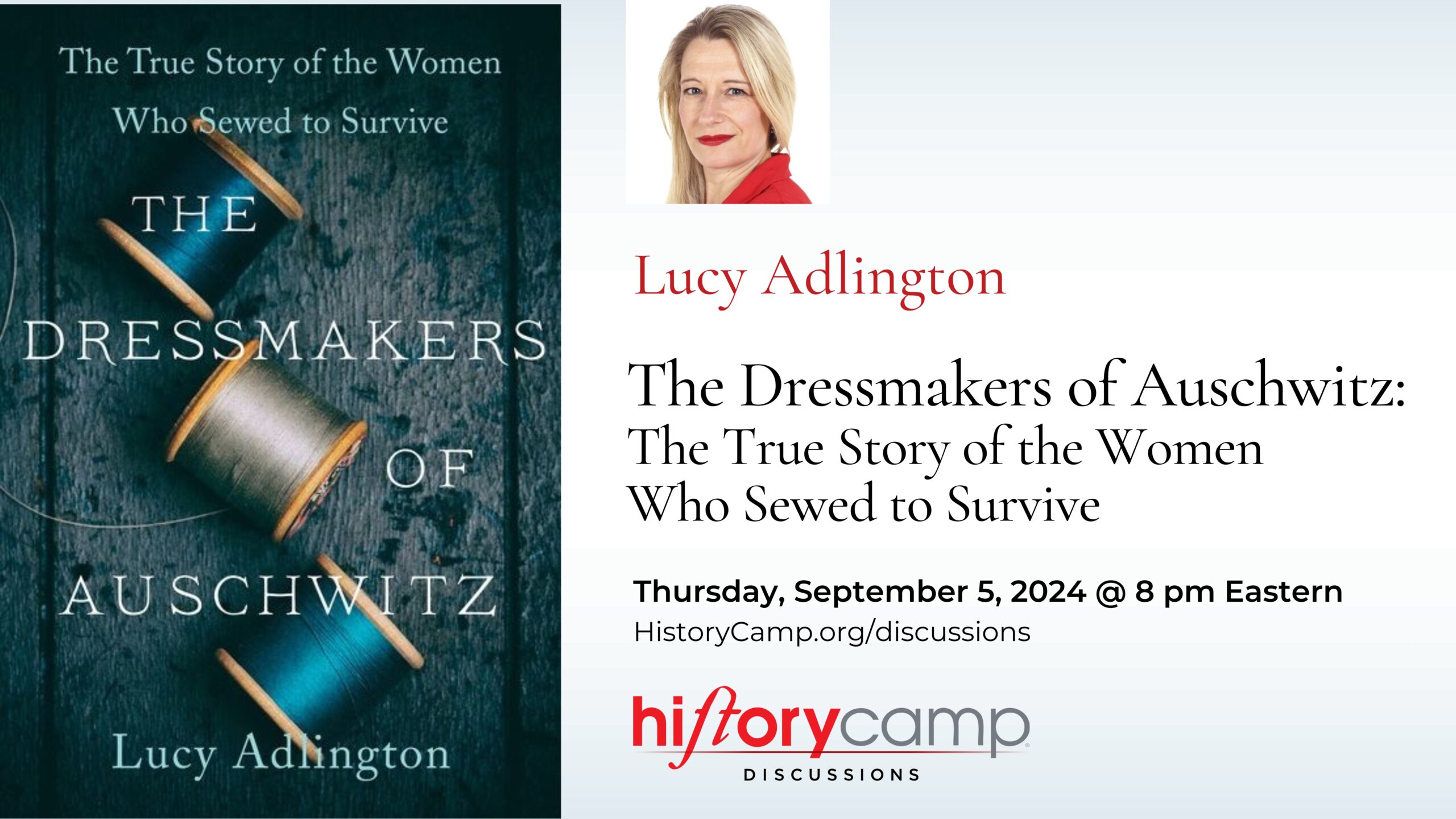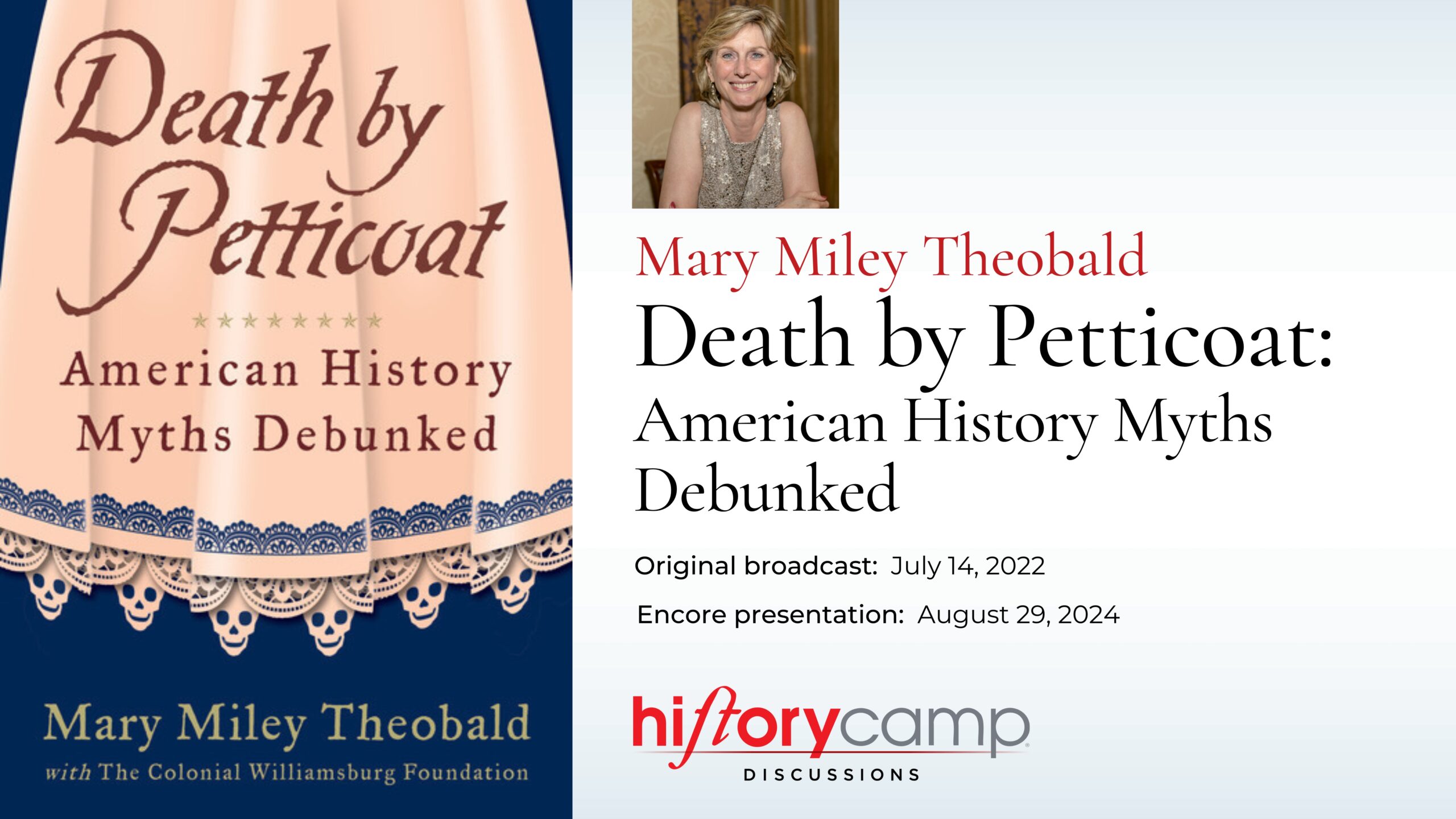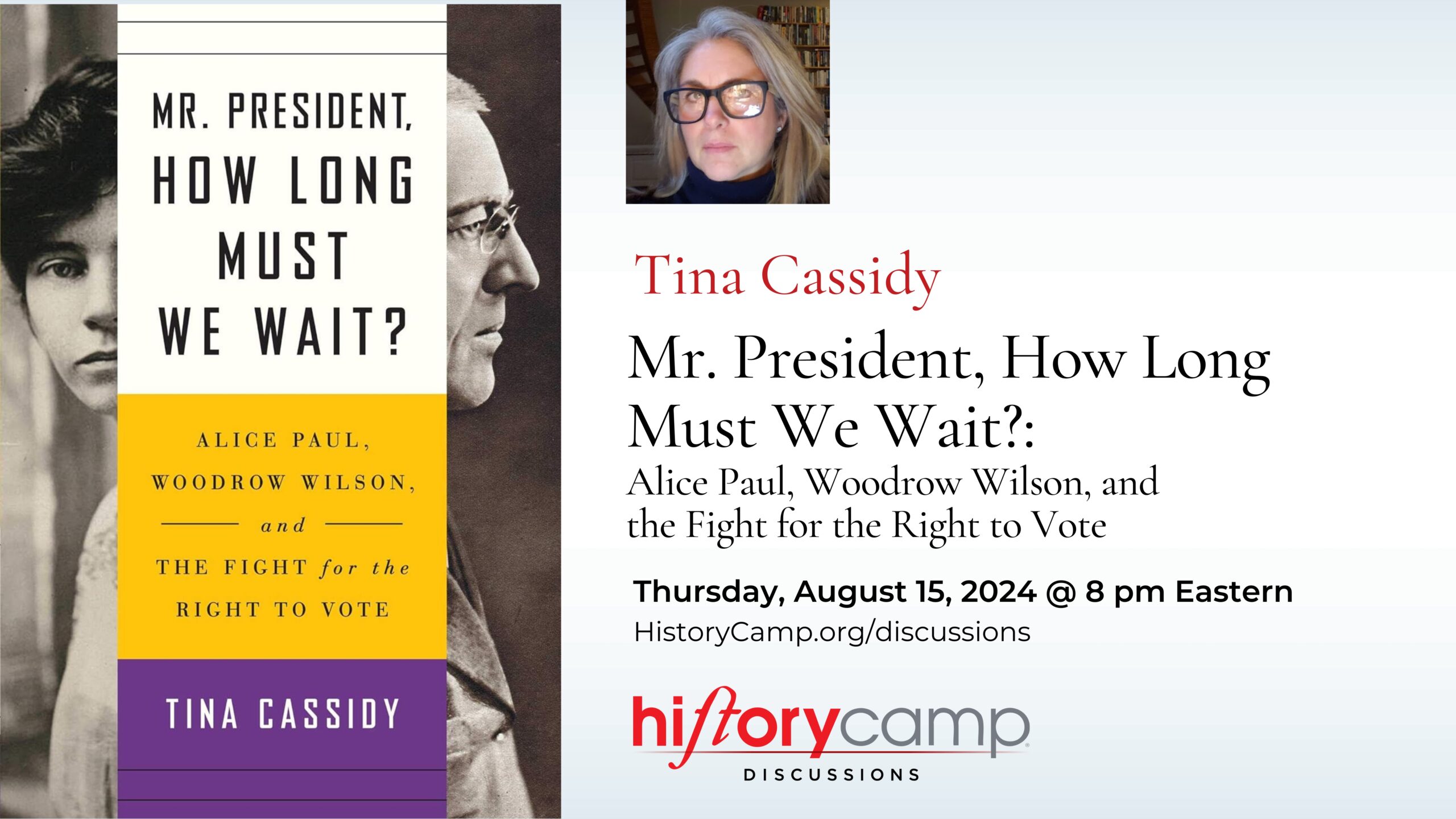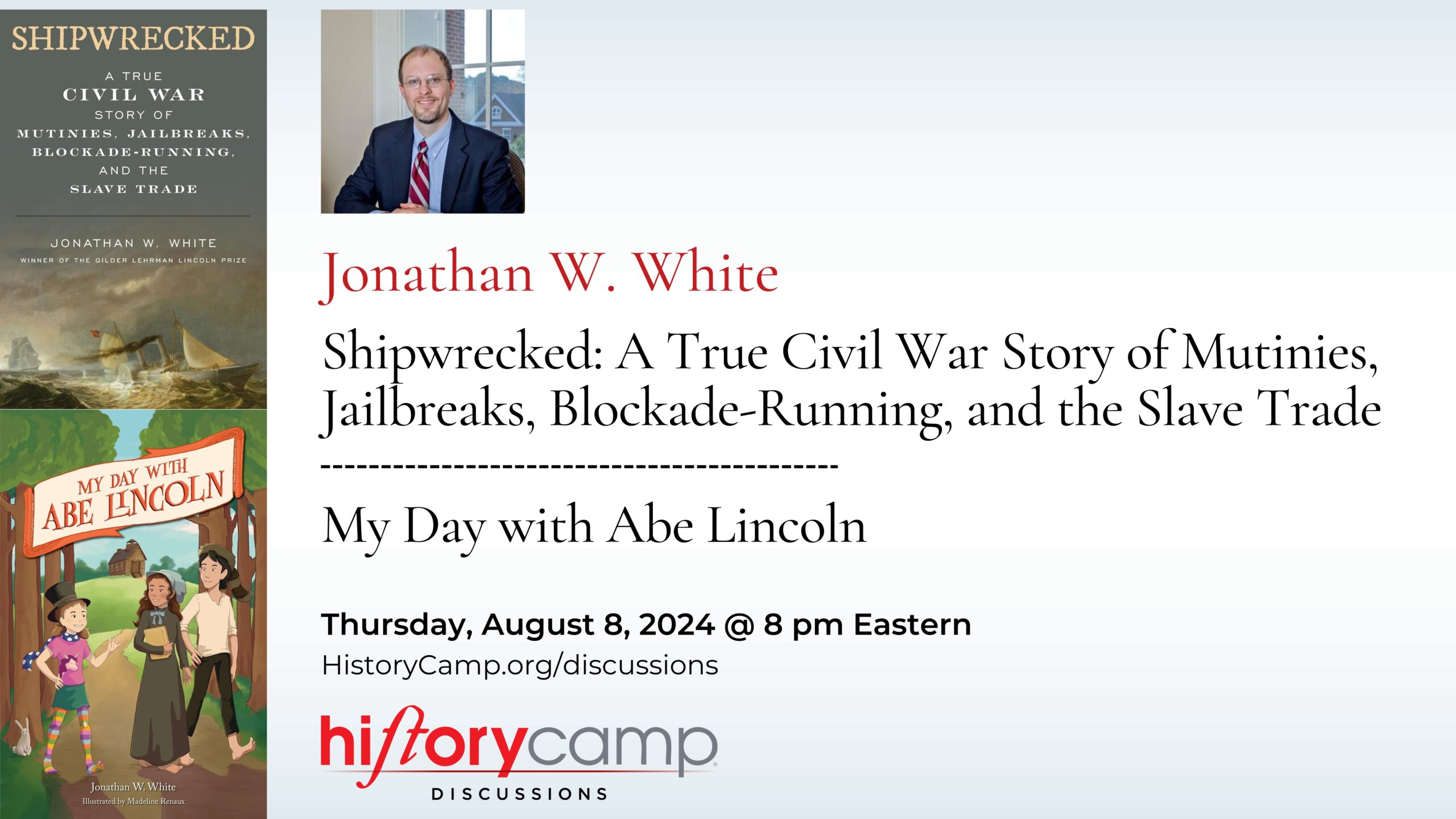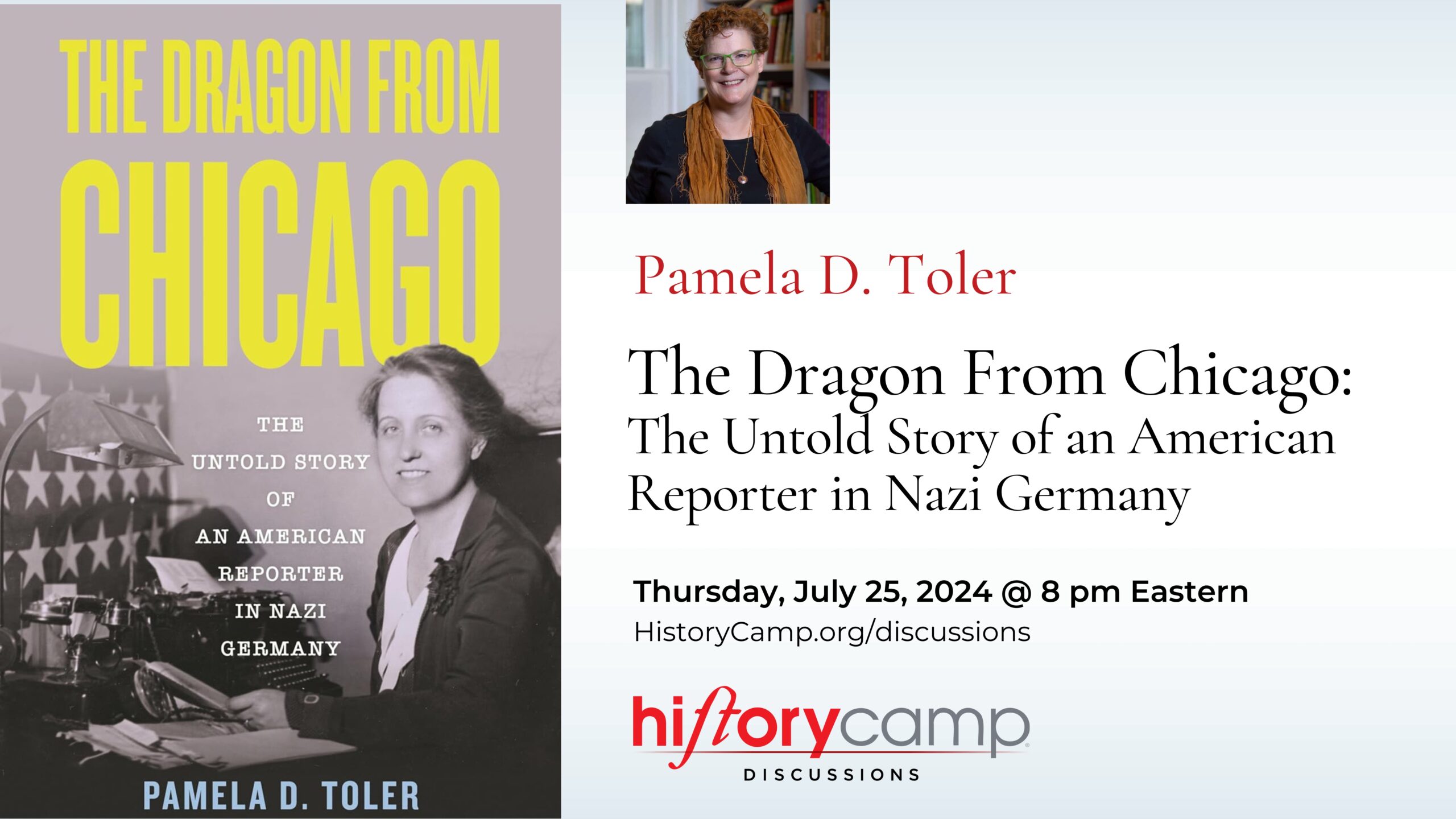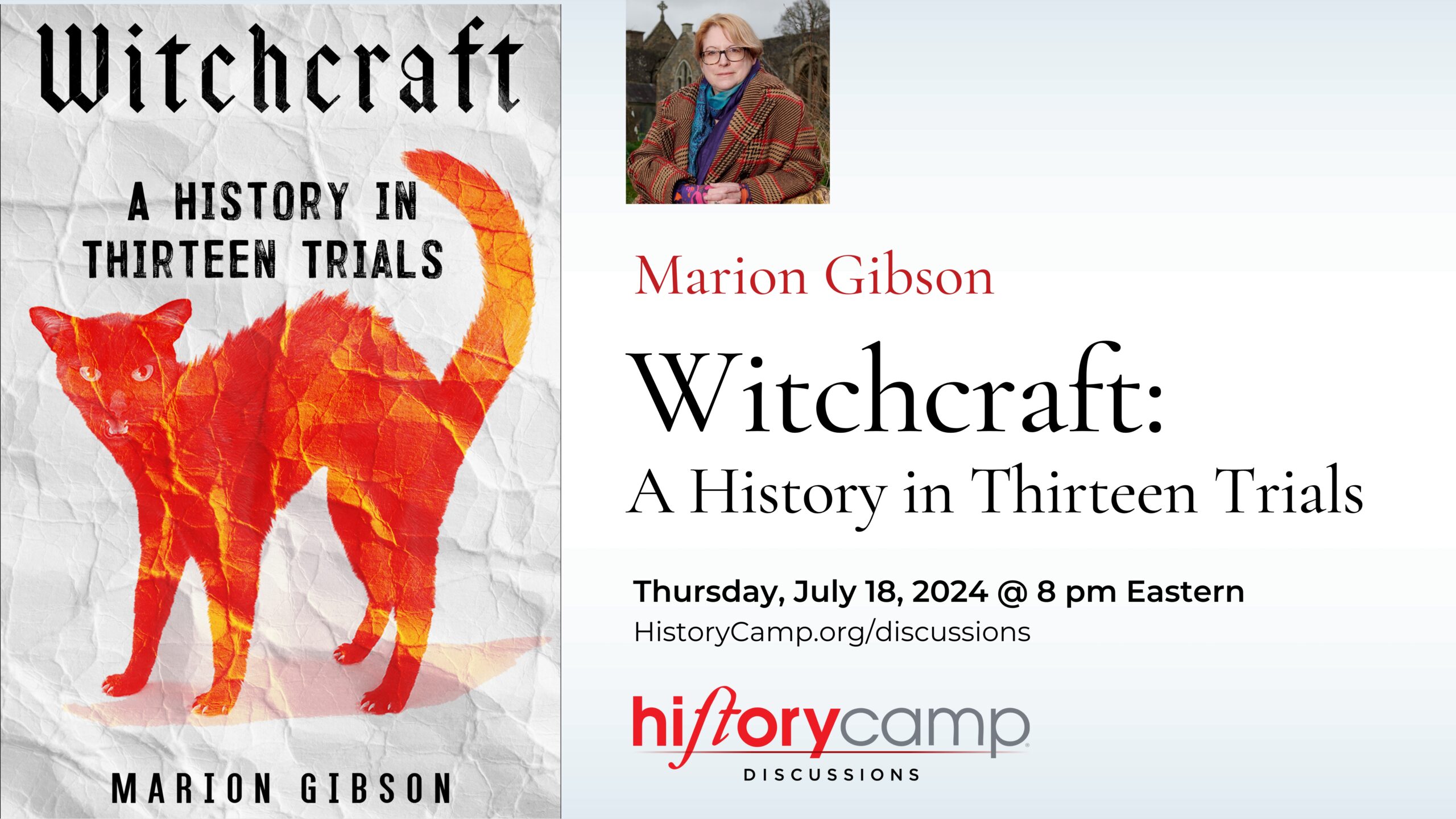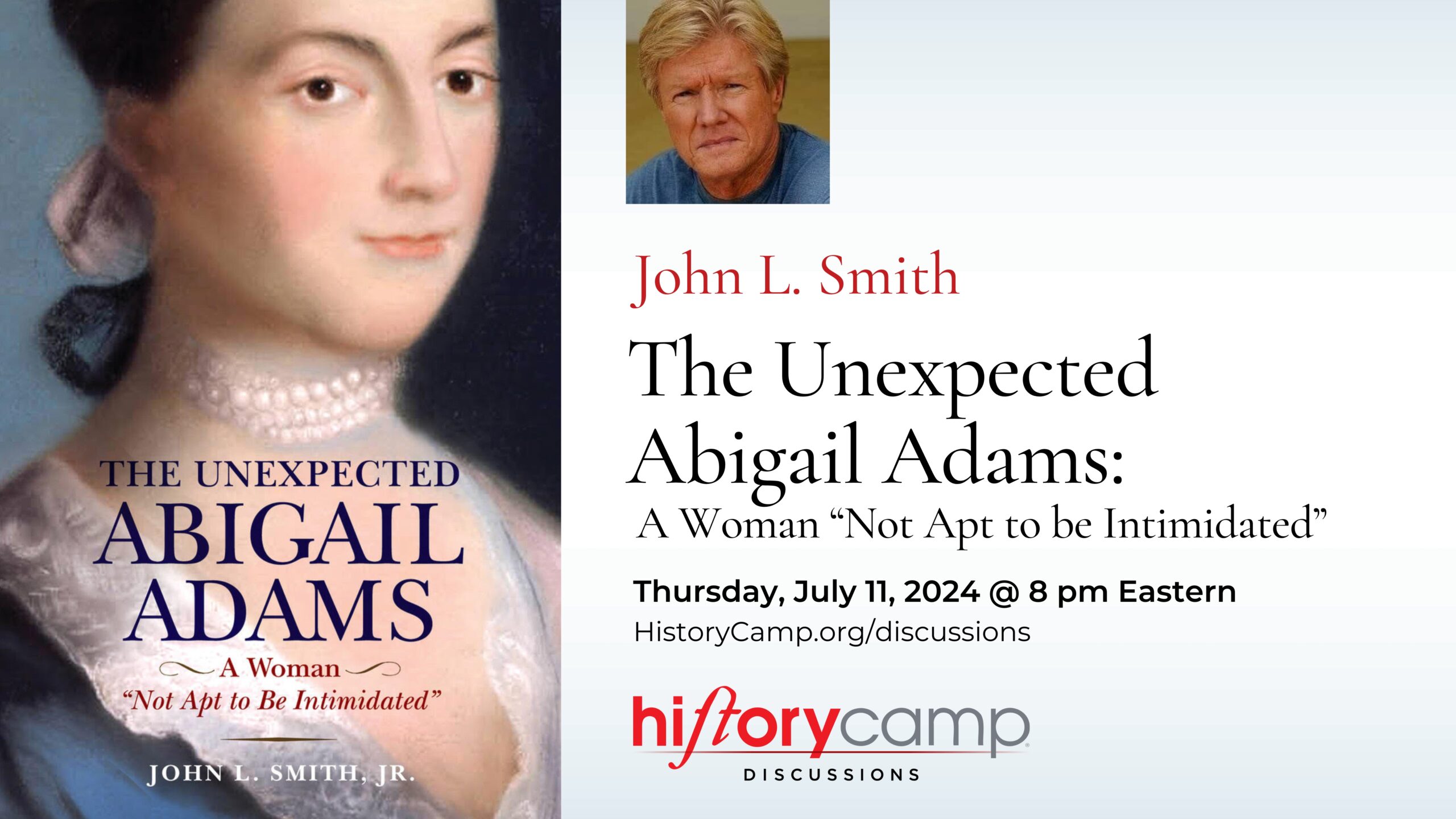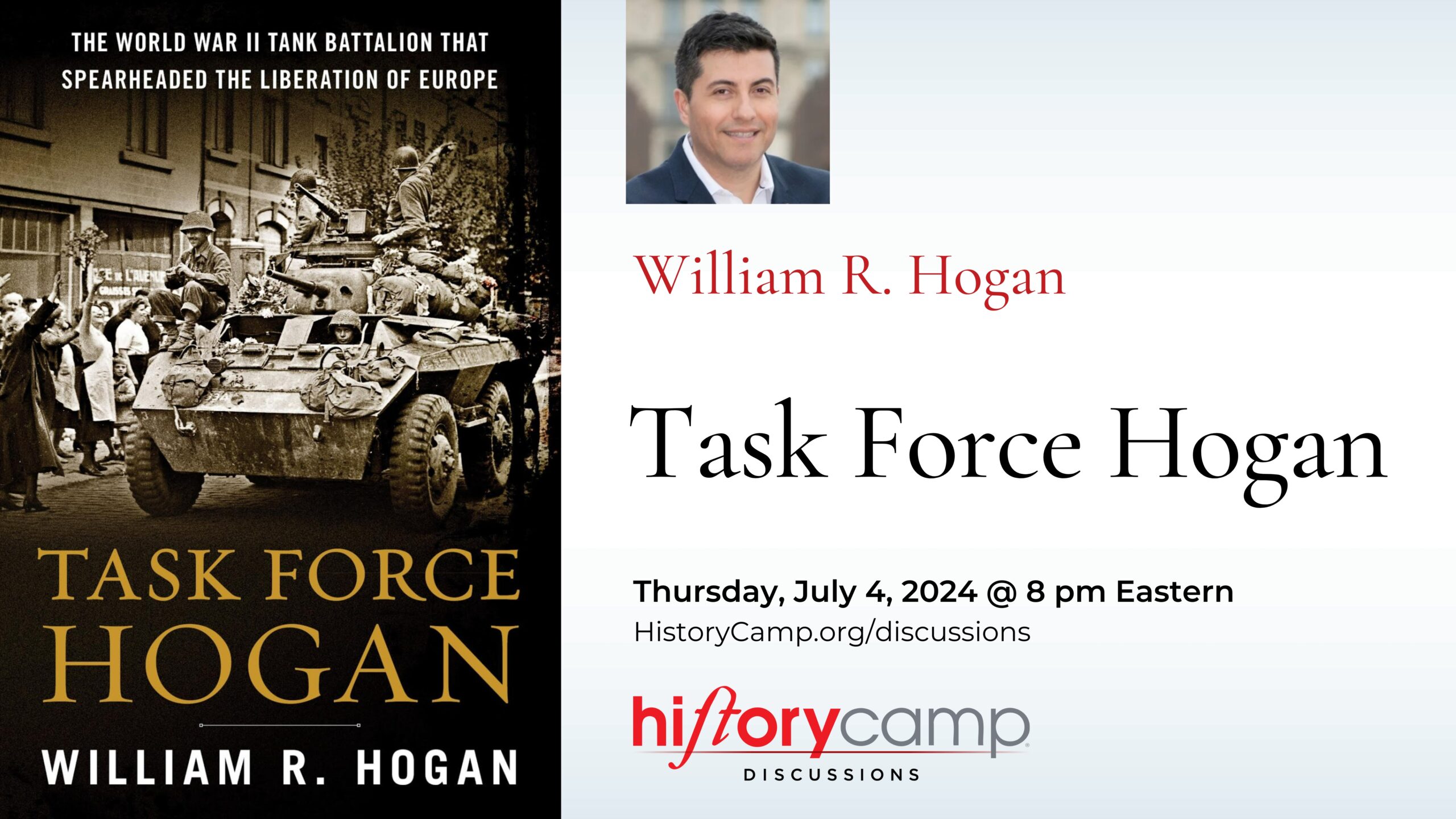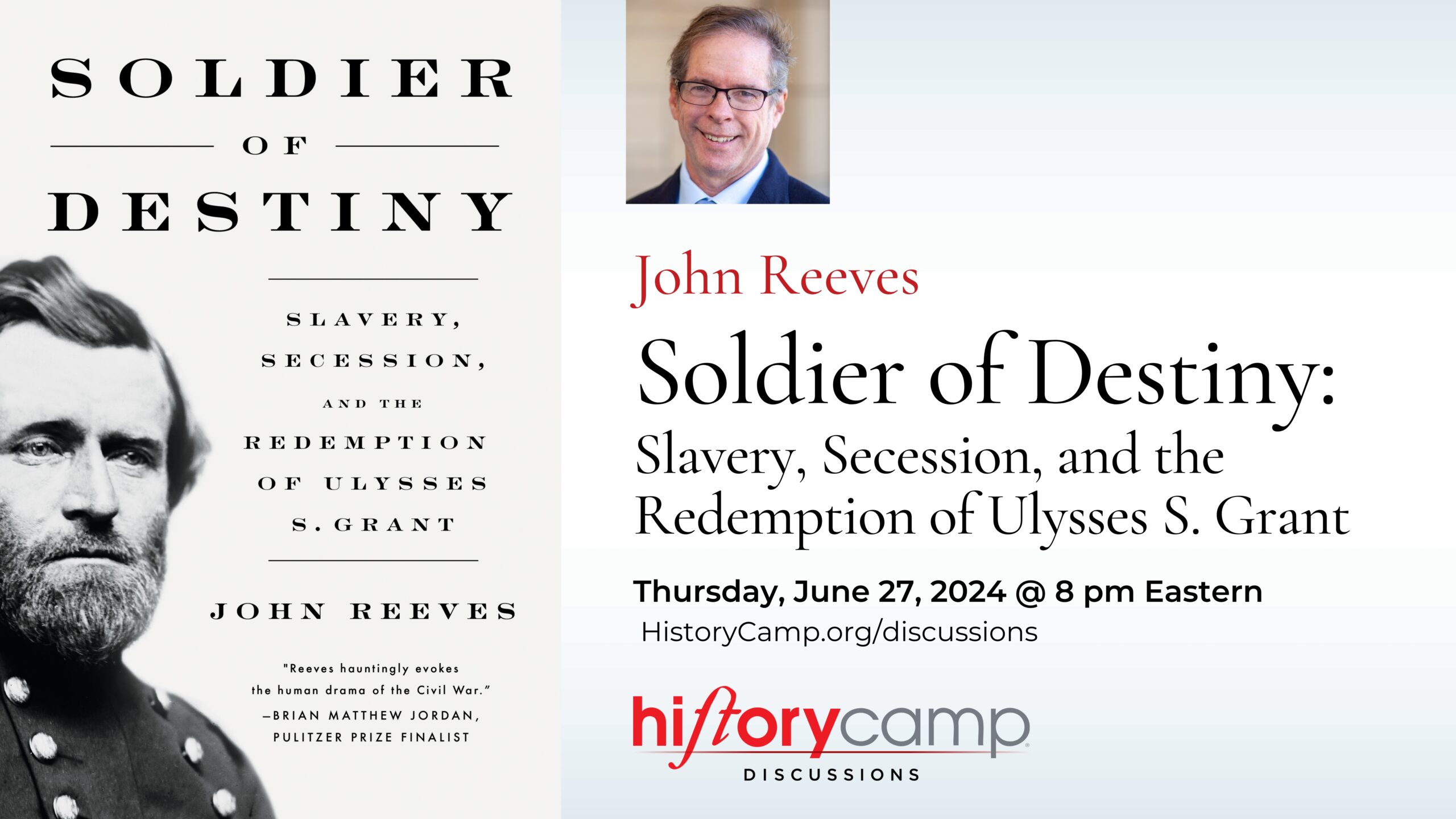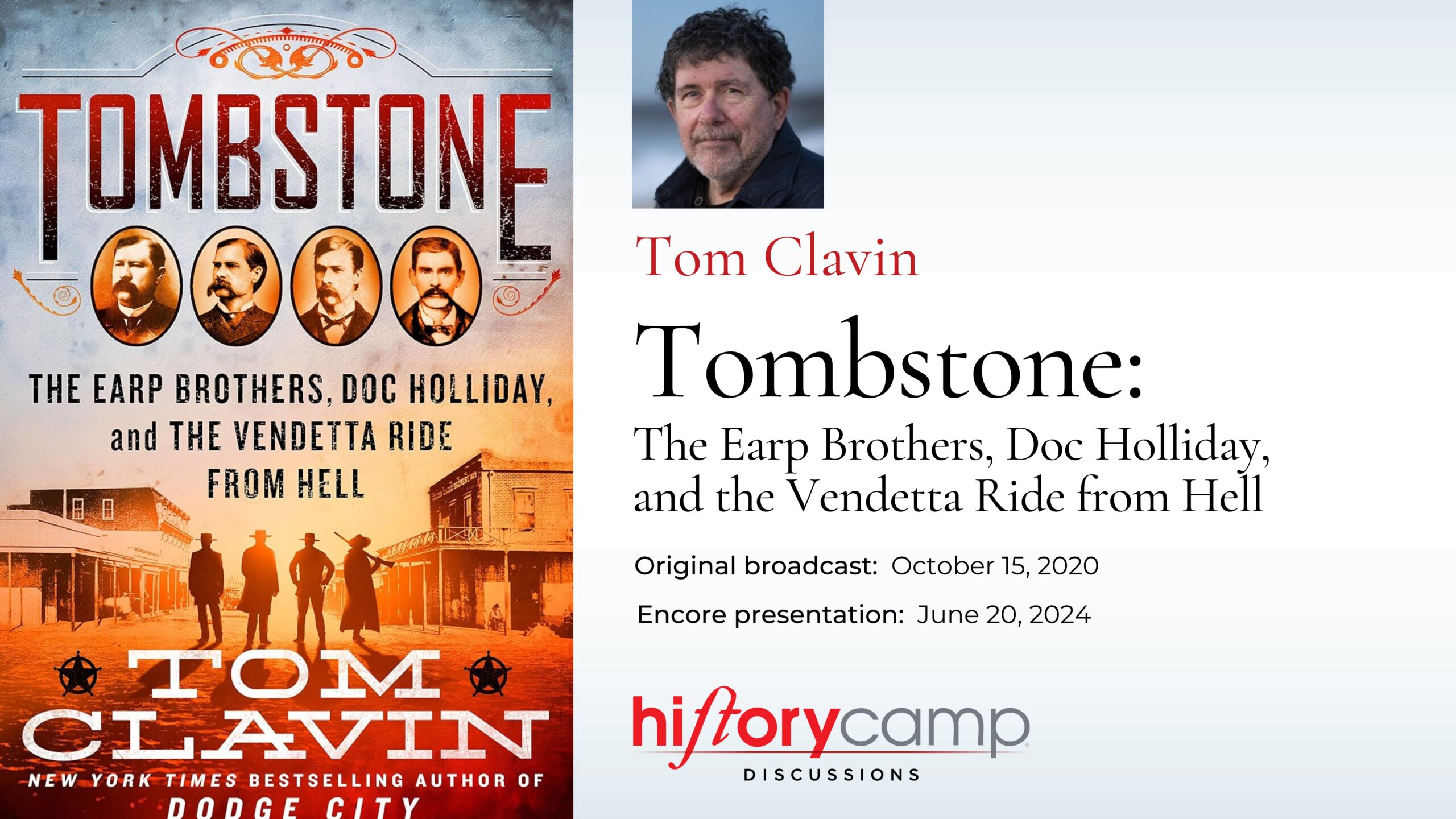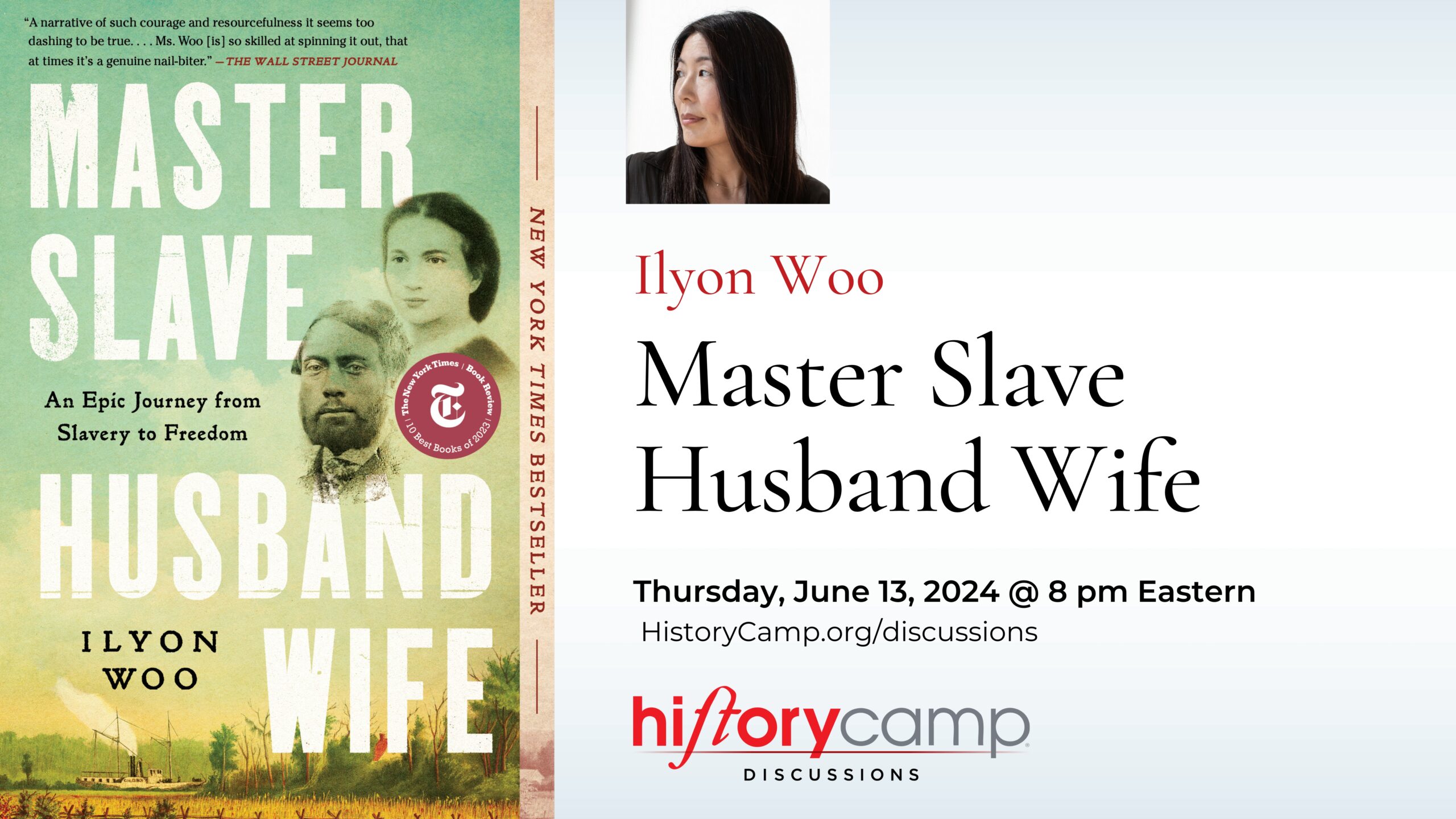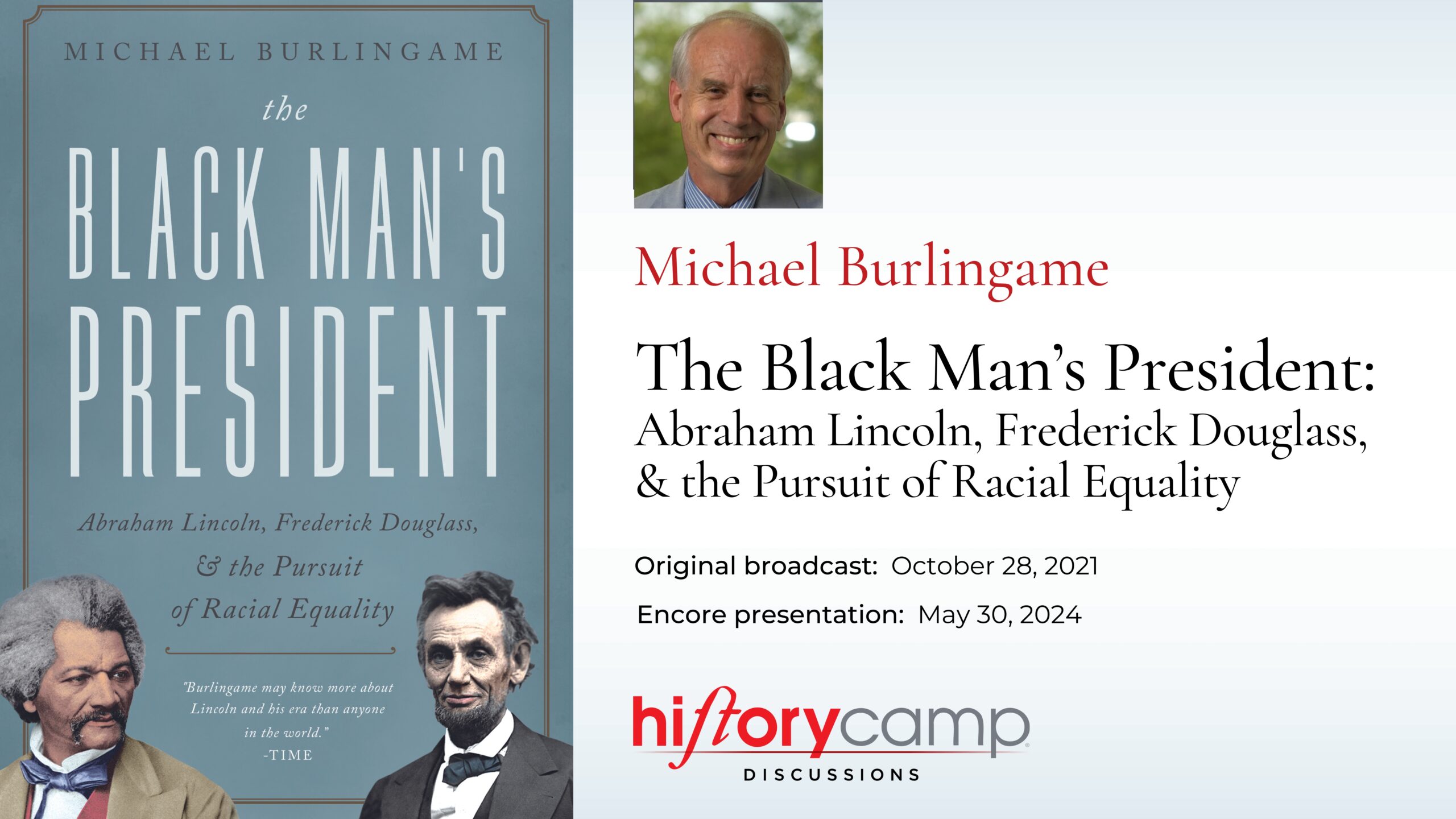Lydia Moland
Lydia Maria Child: A Radical American Life
A compelling biography of Lydia Maria Child, one of nineteenth-century America’s most courageous abolitionists.
By 1830, Lydia Maria Child had established herself as something almost unheard of in the American nineteenth century: a beloved and self-sufficient female author. Best known today for the immortal poem “Over the River and through the Wood,” Child had become famous at an early age for spunky self-help books and charming children’s stories. But in 1833, Child shocked her readers by publishing the first book-length argument against slavery in the United States—a book so radical in its commitment to abolition that friends abandoned her, patrons ostracized her, and her book sales plummeted. Yet Child soon drew untold numbers to the abolitionist cause, becoming one of the foremost authors and activists of her generation.
Lydia Maria Child: A Radical American Life tells the story of what brought Child to this moment and the extraordinary life she lived in response. Through Child’s example, philosopher Lydia Moland asks questions as pressing and personal in our time as they were in Child’s: What does it mean to change your life when the moral future of your country is at stake? When confronted by sanctioned evil and systematic injustice, how should a citizen live? Child’s lifetime of bravery, conviction, humility, and determination provides a wealth of spirited guidance for political engagement today.
[Recorded November 03, 2022.]
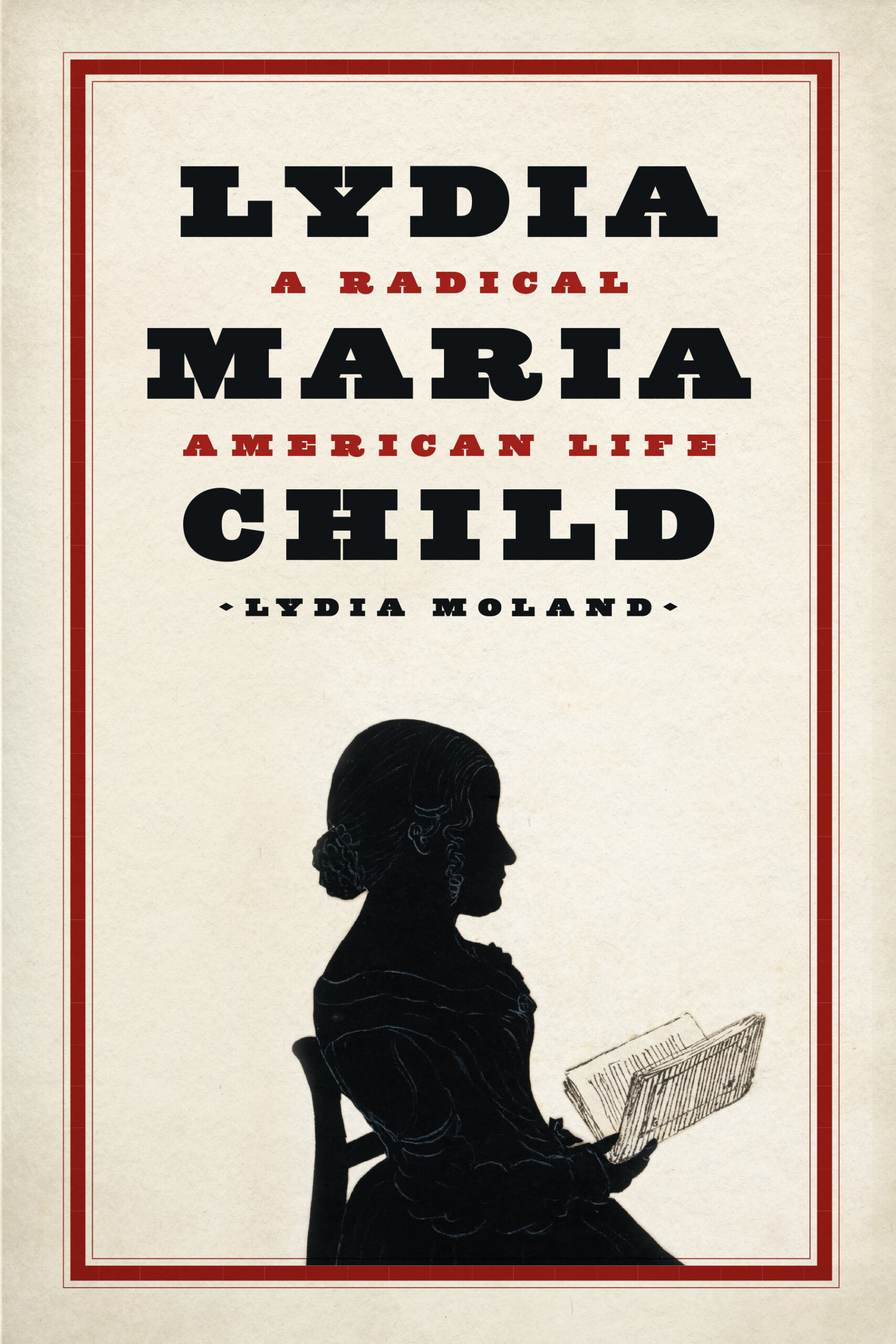
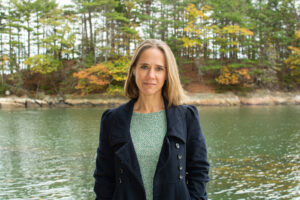
Lydia Moland is professor of philosophy at Colby College. Her scholarship in German philosophy, including Hegel’s Aesthetics: The Art of Idealism, has been supported by the National Endowment for the Humanities, the ACLS, and the American Academy in Berlin. Her work on Lydia Maria Child has appeared in the Paris Review, the Boston Globe, the Washington Post, and on National Public Radio.




